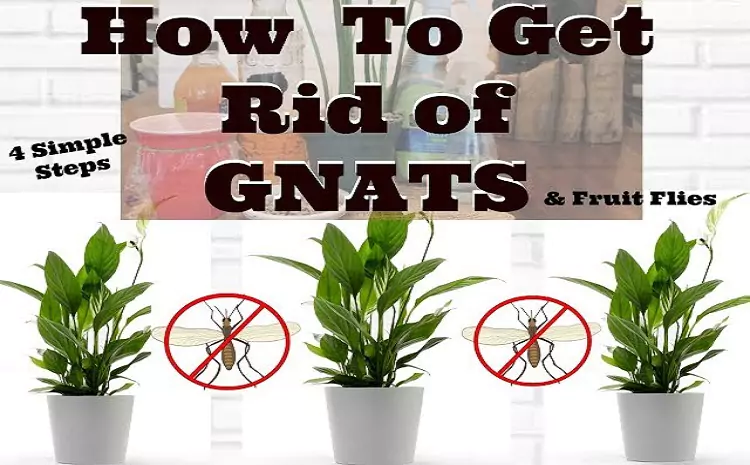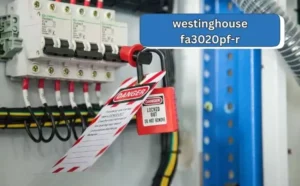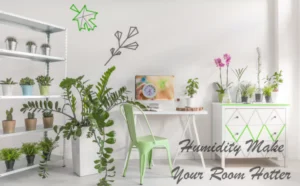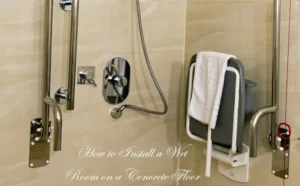Gnats can be a frustrating problem for anyone who loves their houseplants. These tiny pests often swarm around your indoor plants, and if left untreated, they can damage your houseplants. The good news is, you can get rid of gnats using simple, natural methods.
Key Takeaways
- Avoid overwatering your plants to prevent gnat infestations.
- Use apple cider vinegar traps to kill the gnats.
- Apply neem oil or diatomaceous earth to naturally remove gnats.
Why Are There Gnats in My Houseplants?
Gnats are commonly attracted to indoor plants, especially if the soil is moist. These pests thrive in damp environments, making your houseplants an ideal breeding ground. Gnats can often be confused with fruit flies, but they prefer moist soil over food.
Common Reasons for Gnat Infestation
- Overwatering: Gnats are attracted to soggy soil.
- Organic matter: Decomposing leaves or soil can attract them.
- Potted plants: The more houseplants you have, the more likely you are to see gnats.
Dry Out the Soil
The first step to eliminate gnats is to dry out the soil. Gnats thrive in moist environments, so cutting back on watering helps create an inhospitable environment for them.
How to Dry Out the Soil?
- Avoid overwatering: Let the top 1-2 inches of soil dry before watering again.
- Check drainage: Ensure your potted plants have good drainage to prevent water from sitting in the soil.
- Use a fan to increase air circulation around your indoor plants.
By reducing moisture, you’ll make it harder for gnats to breed in your houseplants.
Make Gnat Traps
One of the most effective ways to kill gnats is by making simple, homemade gnat traps. A popular method involves apple cider vinegar, which attracts gnats and traps them.
How to Make a Gnat Trap?
- Take a small saucer and mix a few tablespoons of apple cider vinegar, a few drops of dishwashing soap, and a little sugar.
- Place the trap near your houseplants.
- The gnats will be drawn to the vinegar and get trapped.
| Trap Ingredient | Purpose |
|---|---|
| Apple cider vinegar | Attracts the gnats |
| Dishwashing soap | Breaks the surface tension, trapping gnats |
| Sugar | Adds extra attraction for the gnats |
This gnat-killing trap is easy to make and can be very effective in getting rid of gnats in your home.
Use Natural Remedies
If you prefer to use natural remedies, there are several options that can eliminate gnats without harsh chemicals.
Neem Oil
Neem oil is a natural pesticide that works well on houseplant gnats. When applied to the soil, it disrupts the life cycle of the gnats, preventing them from laying eggs.
| Remedy | How to Use |
|---|---|
| Neem oil | Mix with water and spray onto the soil |
Diatomaceous Earth
Diatomaceous earth is another natural solution to consider. This powder is made from crushed fossils and works by dehydrating the gnats.
| Remedy | How to Use |
|---|---|
| Diatomaceous earth | Sprinkle on top of the soil to dry out gnats |
These natural remedies are safe for both your plants and pets, making them a great option for eliminating gnats.
Remove Dead Leaves and Debris
Gnats are often attracted to decomposing organic material, such as dead leaves. Regularly removing this debris from the soil helps prevent gnat infestations.
Tips for Removing Debris:
- Remove dead leaves from the soil.
- Keep your houseplants clean by wiping down the leaves.
- Avoid leaving fallen plant material in your potted plants.
| Task | Benefit |
|---|---|
| Remove dead leaves | Reduces gnat breeding grounds |
| Clean plant leaves | Prevents buildup of organic material |
Maintaining a clean plant environment helps get rid of gnats and prevents them from returning.
Repot Your Plants
If the infestation is severe, you may need to repot your houseplants. This can remove any gnat eggs or larvae living in the soil and give your indoor plants a fresh start.
How to Repot Your Houseplants:
- Remove the plant from its current pot.
- Dispose of the old soil where gnats may be living.
- Replant your houseplant in fresh, dry soil.
By repotting, you can effectively eliminate gnats and reduce the risk of them coming back.
Monitor and Maintain
Even after you’ve eliminated gnats, it’s important to keep an eye on your houseplants to prevent future infestations. Regular monitoring helps you catch potential problems early.
Tips for Monitoring Your Plants:
- Check the soil moisture regularly to avoid overwatering.
- Inspect the leaves and stems for signs of pests.
- Continue using your homemade gnat traps to monitor gnat activity.
| Action | Purpose |
|---|---|
| Monitor soil | Prevents overwatering and future infestations |
| Inspect leaves | Detects early signs of gnat activity |
Consistently monitoring your indoor plants will help you stay gnat-free.
Conclusion
Getting rid of gnats in your houseplants doesn’t have to be complicated. By following these simple steps, drying the soil, setting traps, and applying natural remedies, you can easily eliminate gnats and protect your beloved houseplants. Regularly monitoring and maintaining your indoor plants will ensure that gnats don’t return.









